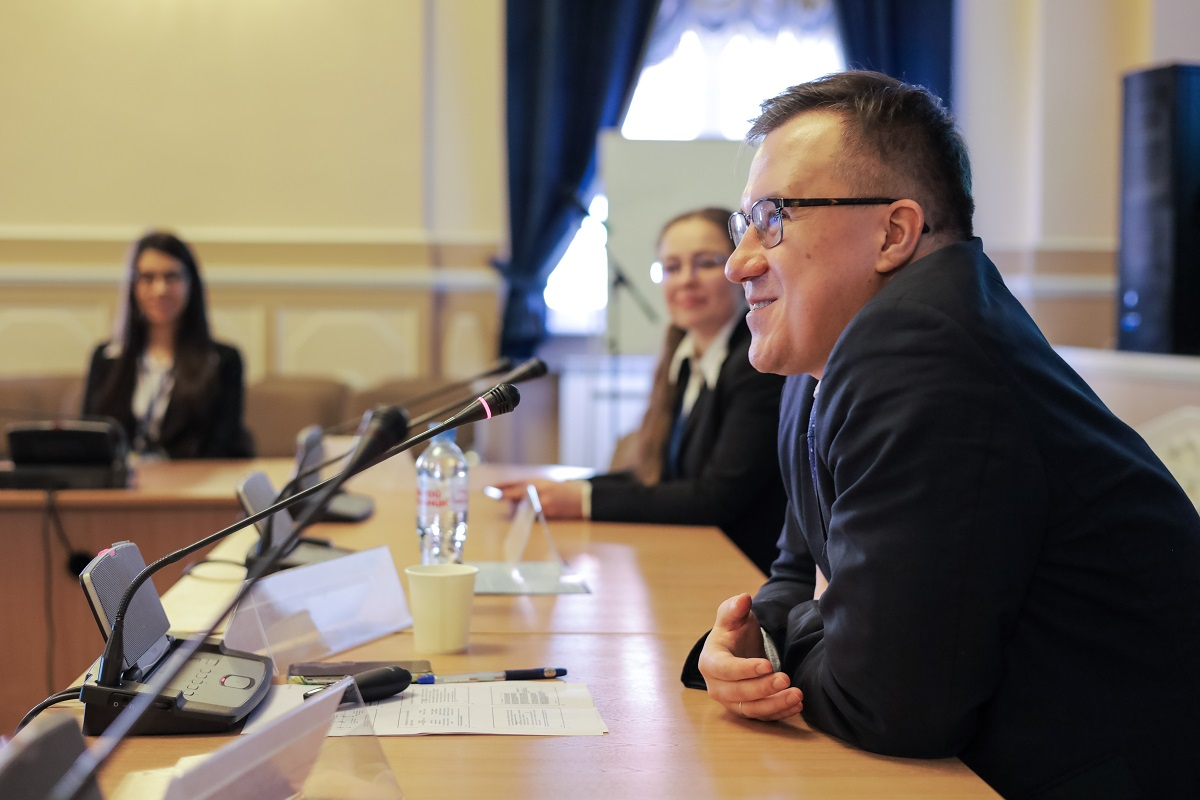Experts from St Petersburg University: Russia should develop regulations on artificial intelligence (AI)
The legal team of the Centre for Artificial Intelligence and Data Science at St Petersburg University has prepared a comprehensive report on the Artificial Intelligence (AI) global regulatory landscape. St Petersburg University experts analysed the global experience in AI regulation and monitoring and recommend to develop special regulation on AI to effectively use AI solutions to develop research, technology and industry in Russia.
Industrial AI, or the AI of things, has been developing at high speed around the world in recent years. AI applications include smart homes, smart manufacturing, and smart farming to name just a few. AI innovation holds endless possibilities, with the potential to reshape our daily lives.
Yet, there are challenges in regulating artificial intelligence and the legal framework for AI. In Russia and the BRICS countries, AI is currently regulated through existing legal frameworks. According to experts from St Petersburg University, this is far from being surprising: legislation is predominantly technologically neutral, and AI systems and related phenomena have long been considered as the results of intellectual activity, information systems and data sets of various legal regimes.
Lawyers from St Petersburg University regularly conduct expert work on the development of legal initiatives. These initiatives often reach the federal level. Recently, they proposed recognising the legal rights and obligations of the family. They are engaged in the development of regulatory legal acts for BRICS. They are involved in preparing a dictionary of regulatory legal acts.
St Petersburg University is one of the Russia’s leading universities that prepares specialists in the field of artificial intelligence, according to the AI Alliance. In 2019, the President of the Russian Federation approved the National Strategy for the Development of Artificial Intelligence for the period until 2030. At the plenary session of the 8th Artificial Intelligence Journey 2023 international conference on AI and machine learning, Vladimir Putin encouraged Russia’s leading universities to prepare specialists in the field of artificial intelligence.
Yet, there is a need to specify some legal norms and develop an AI-specific regulation, since artificial intelligence significantly promotes technological innovation, with wide-ranging social and political impacts. According to Vladislav Arkhipov, Head of the Department of Theory and History of State and Law at St Petersburg University and Head of the Legal Group at the Centre for Artificial Intelligence and Data Science at St Petersburg University, AI technologies are currently regulated primarily through existing intellectual property law and information law.

Of particular importance and relevance are issues related to identifying the limits to what extent we can use datasets for machine learning. In this regard, we need to develop AI regulation.
In many cases, depending on the subject of the relationship, maintaining the status quo is justified and appropriate (as, for example, in matters of copyright protection). Yet, in some cases, the specific features of AI technologies fosters AI-specific regulations.
Vladislav Arkhipov, Head of the Department of Theory and History of State and Law at St Petersburg University and Head of the Legal Group at the Centre for Artificial Intelligence and Data Science at St Petersburg University
"So far, there are few examples of special legal norms that would be purposefully developed to regulate relations in the field of AI at a high level in the jurisdictions that are relevant to us, and the number of these examples are insufficient. In order to regulate the widespread use of artificial intelligence and to use AI tools effectively, the legal framework must be harmonised at the international level, for example, become common for the EAEU or BRICS, which have business relations," explained Vladislav Arkhipov.
There are some examples of international regulatory documents that imply deep control and propose a risk-based approach to regulating AI systems. They also introduce a number of additional principles and general rules, mainly related to prohibited AI practices and conditions for the development and use of this innovative technology.
The result of the work of specialists from St Petersburg University was the preparation of an analytical base for legal conditions and risks arising in connection with the use of industrial artificial intelligence technologies.
According to Vladislav Arkhipov, Professor of St Petersburg University, in addition to other sources, Russia has a key act of strategic planning, i.e. the National Strategy for the Development of Artificial Intelligence for the period until 2030 (approved by Executive Order No 490 of the President of the Russian Federation dated 10 October 2019).
There is a regulatory act that directly defines as its subject the creation of the necessary conditions for the development and use of artificial intelligence technologies, i.e. Federal Law No 123 FZ "On conducting an experiment to establish special regulation in order to create the necessary conditions for the development and use of artificial intelligence technologies in the constituent entity of the Russian Federation — the city of federal significance Moscow and amending Articles 6 and 10 of the Federal Law 'On personal data'" dated 24 May 2020. The document provides for a five-year experimental legal regime for market participants.
"We consider it appropriate to regulate AI technology in the Russian Federation at the level of federal legislation and taking into account the current system of international relations, using the principle of technological neutrality, although its meaning and content are subject to regular verification and revision," said Vladislav Arkhipov.

